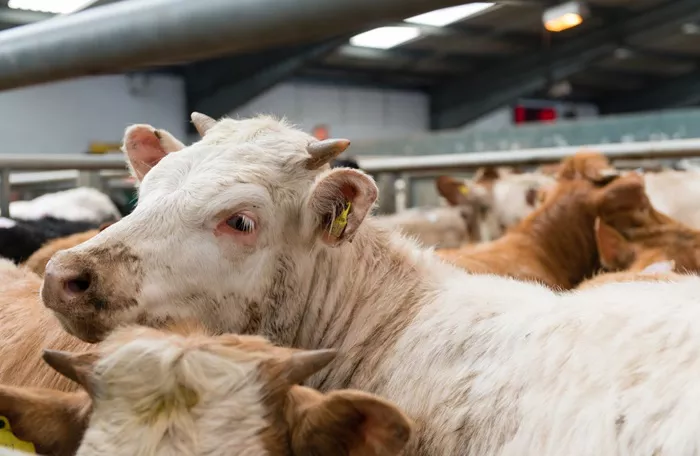A comprehensive global study conducted by NYU’s Center for Environmental and Animal Protection and Harvard Law School’s Brooks McCormick Jr. Animal Law & Policy Program has highlighted significant public health risks posed by animal markets and related industries worldwide. The report, titled “Animal Markets and Zoonotic Disease Risk: A Global Synthesis of a 15 Country Study,” underscores the urgent need for enhanced regulatory measures to mitigate the threat of future pandemics.
The study examines human-animal interactions at animal markets across 15 countries on six continents, emphasizing the potential for zoonotic diseases to emerge and spread through practices such as wildlife trade, livestock production, and wildlife farming. Researchers found that current regulations are insufficient to safeguard public health, exposing populations globally to preventable disease outbreaks.
Ann Linder, associate director of policy and research at Harvard Law School’s Animal Law & Policy Program and lead author of the report, emphasized the global nature of the problem: “Zoonotic disease risk is pervasive across diverse markets and regions, necessitating robust regulatory frameworks to address the root causes of disease spillover.”
The report challenges misconceptions surrounding zoonotic risks and critiques existing regulatory gaps that fail to adequately monitor and control high-risk interactions between humans and animals. It identifies predictable patterns in zoonotic outbreaks and stresses the potential for proactive policy interventions to mitigate future health crises.
Dale Jamieson, director of NYU’s Center for Environmental and Animal Protection, highlighted the report’s findings: “Our research reveals that high-risk human-animal interactions occur globally, underscoring the need for coordinated international efforts to prevent disease spillover and protect public health.”
Key policy recommendations include enhancing monitoring and regulation of animal markets and their supply chains, improving public health safeguards within animal industries, promoting sustainable agricultural practices to reduce habitat destruction, and fostering international collaboration to address pandemic risks comprehensively.
The study concludes with a call to action for policymakers to prioritize preventative measures and regulatory reforms aimed at reducing zoonotic risks and enhancing global health security. By addressing these critical issues, researchers aim to provide a roadmap for mitigating the threats posed by animal markets and industries to public health worldwide.
[inline_related_posts title=”You Might Be Interested In” title_align=”left” style=”list” number=”6″ align=”none” ids=”10974,10957,10954″ by=”categories” orderby=”rand” order=”DESC” hide_thumb=”no” thumb_right=”no” views=”no” date=”yes” grid_columns=”2″ post_type=”” tax=””]

































